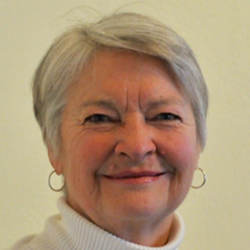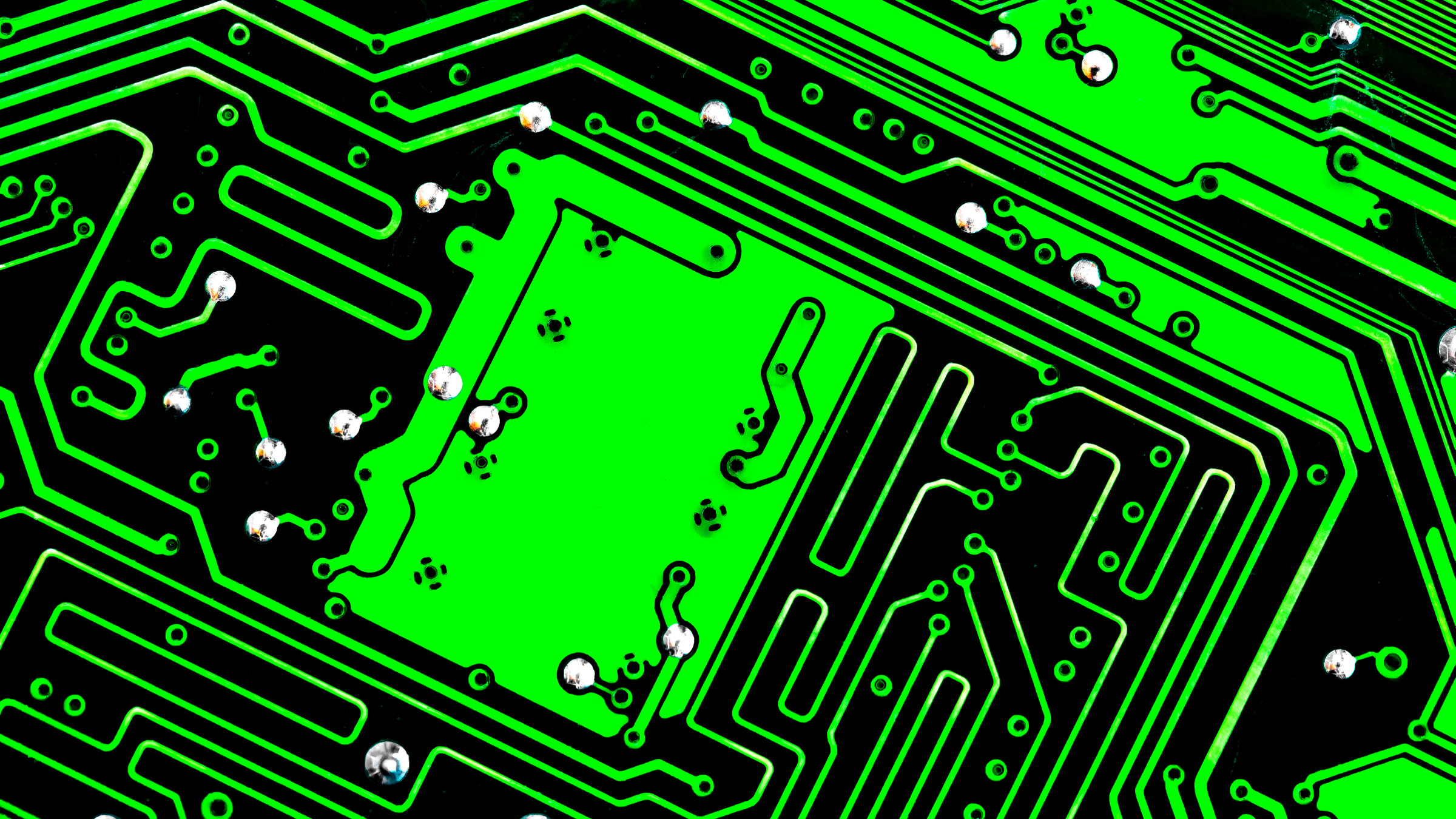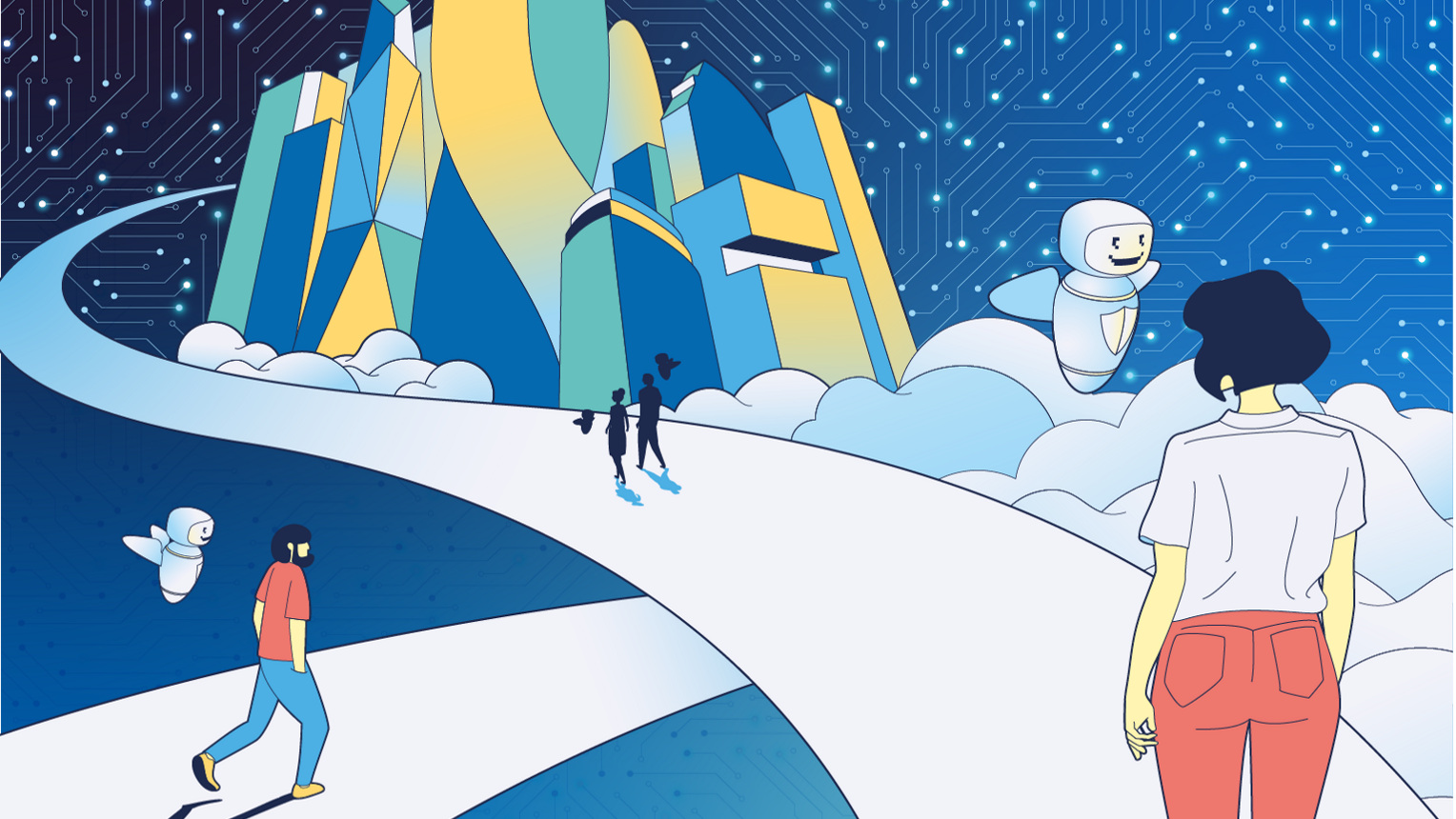
As we know, computer science research dissemination is in upheaval. We know that from reading the CACM—David Roman’s overview of the shifting business model[Roman2011], Moshe Vardi’s excavation of that model’s flaws in Editor’s Letters [Vardi201205, Vardi201207], Vardi’s report on the "Publication Culture in Computing Research" workshop along with Doug Terry’s Viewpoint on shortcomings of the review process [Vardi2014, Terry2014], and other commentary. Guiding undergraduates through this morass is difficult, and convincing freshmen that computer science research can be done at even their level is daunting.
At the moment, I face this in the First-Year Seminar in Computer Science [Hill2019]. Such a seminar strives to teach high school graduates how to be college students. One of the assignments they undertake is a research paper. Having searched, at least in a cursory fashion, for a detailed LibGuide to computer science research sources for beginners, I see that most point to the ACM Digital Library and the IEEE Xplore—that’s good. But those are not publications, but aggregators, begging the question where to find research papers at a certain level on a certain topic. With the assistance of my institution’s librarians, I have put together this list.
Here I display a stripped-down version of the handout and its explanation. (Several links specific to our institution have been removed.) Because the publication scene is volatile, this must be updated regularly. Conference proceedings are omitted, although an instructor might want to recommend those of interest that can be easily obtained and read. Of the three sections shown:
- The POPULAR section is for inspiration and background. Online library systems do not lend themselves to idle exploration, due to the digital storage that precludes browsing, picking-up, and running-across. For this reason, I try to provide respectable public websites for such exploration.
- The AUTHORITATIVE section is for research understanding. I have designated these sources as peer-reviewed for undergraduate research purposes, because they carry deeply-investigated and sometimes profound observation and analysis of current developments. I doubt that this would be appropriate in other scientific fields.
- The SCHOLARLY section is for serious reference. Research requires an original contribution, I tell the students, and their own opinion counts as an original contribution, as long as it is stated with some reference to some sanctioned professional work. In class, we search the scholarly databases with arbitrary example subjects to demonstrate that students can actually find research that suits their grasp of the subject, especially if they are able to formulate a narrow scope by combining interests. Good examples for such searches might be "multi-player game addiction and sleep" or "biometric security voting machines" (yes, a couple of papers found).
Sources for Research in Computing
(For COSC 1101 First-Year Seminar)
Last update 26 January 2021; R. Hill
Your research paper should draw information from legitimate and authoritative publications. These include academic books and reputable periodicals and newspapers of record and their websites. Use the popular publications for background, and use at least one peer-reviewed source for research in depth.
POPULAR
Books: To find an area that interests you, try browsing the library stacks in the computer science call numbers, QA 75 and QA 76.
Newspapers: You can use the ProQuest database to reach the most current issue, or past issues, of newspapers. Some carry special sections on technology, as follows. Go through the UW Library access to reach the full-text articles behind the paywall.
Wall Street Journal Tech
UWyo Library FAQ that helps you set up an account and locate the Wall Street Journal
A link on the WSJ Technology page offers sign-up for a weekly tech-focused digest.
New York Times Technology section
UWyo Library FAQ for the New York Times
The UW Libraries provides these aggregations as well:
- EE and Computer Engineering and Science databases
- ProQuest Newsstreams, for searches across newspapers and other periodicals:
U.S. Newstream
International Newsstream
You can also find news streams for more specific regions.
Magazines: Magazines listed below are available online from our library, and if the call number is given, Coe Library holds them in print form in the stacks on level 1. For online access, follow the link, and click on the yellow "View full text" button to view another webpage with links to various searchable databases with that magazine (choose any with the date you seek).
Good Prospects for interesting subjects:
- WIRED magazine, with recent issues covering the latest trends: At call number TK5105.5.W57 and also in the online catalog
- Ars Technica: Digitally native (online only): At https://arstechnica.com/
Other respectable periodicals cover technology news; call numbers are given for those that appear in print in Coe Library.
- The National Review (call number AP2.N3545)
- The Guardian (London)
- Magazines such as The New Yorker (call number AP2.N6763) and The Atlantic (call number AP2.A8); see special tech sections below.
- Reuters News Service, https://www.reuters.com/technology
- PBS and BBC for broadcast coverage—to use such a source, find a written version of the piece
AUTHORITATIVE
We will count the following special sections of magazines as peer-reviewed sources:
New Yorker Annals of Technology
https://www.newyorker.com/magazine/annals-of-technology
The Atlantic Magazine Technology Section
https://www.theatlantic.com/technology/
The Economist Technology Quarterly
https://www.economist.com/technology-quarterly/
Universities, research institutes, and other public interest groups often publish or host good research. See, for example, those listed below. Many others conduct research on specific computing subjects.
First Monday: This digitally native (onlne only) journal devoted to the Internet, comes from the University of Illinois at Chicago.
https://firstmonday.org/ojs/index.php/fm/index
Oxford Internet Institute:
https://www.oii.ox.ac.uk/
Brookings Intitution Technology and Innovation Division:
https://www.brookings.edu/topic/technology-innovation/
Beware white papers: A great deal of contemporary research and commentary is published online by research institutes. Consult those that are sponsored by universities, governments, and other public interest groups, rather than those that are hosted by businesses and commercial and industry groups. In particular, beware of "white papers" published by technology vendors, which are actually marketing. For a judgment on a source in this category, ask your instructor.
PROFESSIONAL
The two main professional organizations in computer science are the IEEE Computer Society and the ACM (Association for Computing Machinery). Each organization publishes a general computing newsletter for members, IEEE Computer (www.computer.org/csdl/magazines/co) and the Communications of the ACM (cacm.acm.org). Consider a free subscripton to IEEE Edge (http://www.computer.org/computingedge), which collects and presents articles from its other publications.
Each organization maintains comprehensive online libraries, to search and browse via our own library proxy access, the IEEE Xplore database, and the ACM Digital Library. Most pieces from these professional sources are peer-reviewed; check with your instructor to make sure.
SCHOLARLY
Computer science research is thriving, putting out too many publications in too many formats to explain easily. Much of the work appears in conference proceedings, which are difficult to track. Find sources that are in printed on permanent websites or in journals with well-defined access.
For a wide variety of references, use the ProQuest or Academic Search Premier (EBSCO) databases from the UW library. Search for your topic, selecting the "Full Text" and "Peer-reviewed" options in the filters on the left. All articles indexed by Web of Science are peer-reviewed.
No guarantee accompanies these suggestions. Results remain mixed, as most would expect. Students continue to struggle, or shine, or both, as they find their various ways into and through the college curriculum. Although this compendium may be incomplete today and obsolete next week, feel free to take the material and adapt it to your needs. And send more suggestions; let’s all try to work out a good approach to delineating undergraduate research sources as computer science publication matures and solidifies.
References
[Roman2011] Roman, D. Scholarly Publishing Model Needs an Update. CACM 54:1.
[Terry2014] Terry, Doug. Publish now, judge later. CACM 57:1.
[Vardi201205] Vardi, M. Fair access. CACM 55:5.
[Vardi201207] Vardi, M. Predatory scholarly publishing. CACM 55:7.
[Vardi2014] Vardi, M. Scalable conferences. CACM 57:1.
Robin K. Hill is a lecturer in the Department of Computer Science and an affiliate of both the Department of Philosophy and Religious Studies and the Wyoming Institute for Humanities Research at the University of Wyoming. She has been a member of ACM since 1978.



Join the Discussion (0)
Become a Member or Sign In to Post a Comment